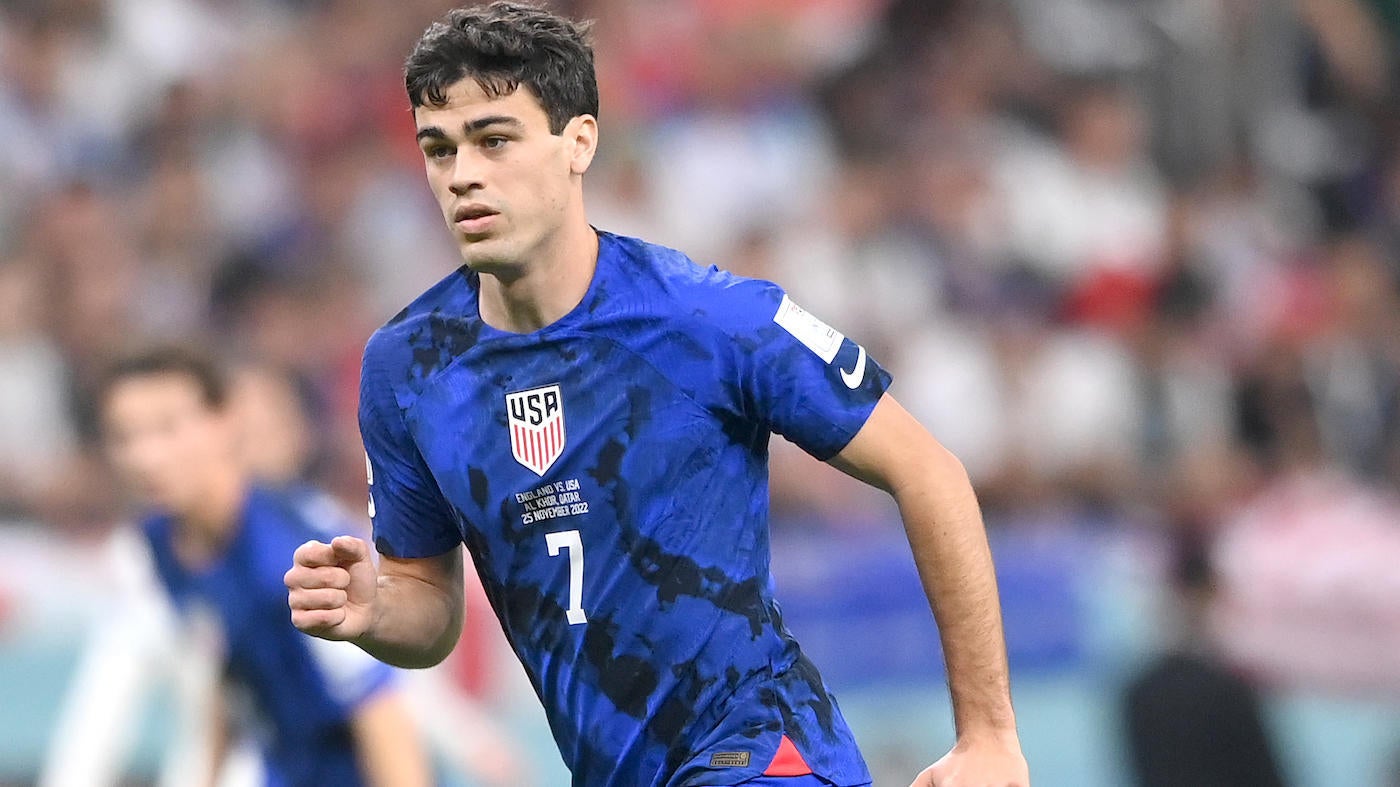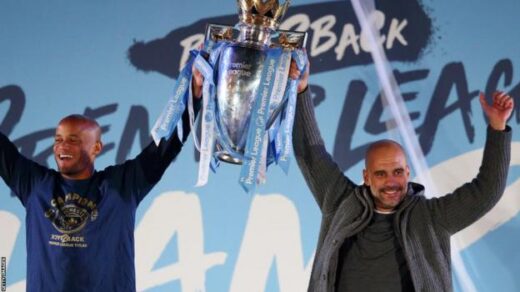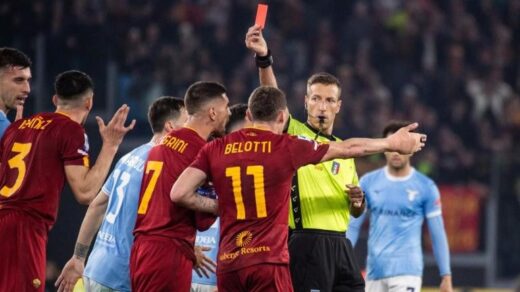
CBS Sports soccer analyst Grant Wahl is in Qatar covering his eighth men’s World Cup. He’ll be writing mailbag columns for CBS after every USMNT group-stage game. The rest of his writing, including magazine-style stories, interviews and breaking news, can be found on GrantWahl.com.
DOHA, Qatar — I’m still buzzing after Friday’s tie between the U.S. and England, which has set up a monumental must-win clash for the U.S. with Iran on Tuesday. Let’s dive into your questions!
“What’s the winner-take-all U.S. lineup for Tuesday?” — @Workingonup2
I’ll give you the lineup I would go with and the lineup I think U.S. coach Gregg Berhalter will go with:
My lineup: Matt Turner; Sergiño Dest, Walker Zimmerman, Tim Ream, Antonee Robinson; Tyler Adams, Yunus Musah, Weston McKennie; Gio Reyna, Tim Weah, Christian Pulisic.
The lineup I think Berhalter will go with: Turner; Dest, Zimmerman, Ream, Robinson; Adams, Musah, McKennie; Weah, Jesús Ferreira, Pulisic.
The U.S. obviously need to score goals in this game, and I remain convinced that Weah would be a better option at center forward than any of the U.S.’s nominal No. 9s, who might as well be “Spinal Tap” drummers. Moving Weah up top would give Reyna the chance to come in and be the difference-maker that he hasn’t been allowed to be yet in this World Cup. When you need goals, you have to maximize the goal-producing creativity you possess (at least within reason). Iran are going to park the bus knowing that a tie gets them through to the knockout rounds, and Reyna could be the guy to unlock that situation.
Please check the opt-in box to acknowledge that you would like to subscribe.
Thanks for signing up!
Keep an eye on your inbox.
Sorry!
There was an error processing your subscription.
“Is anyone other than Pulisic going to take free kicks?” — @akjoeroy
Pulisic was a bit better on his corner-kick deliveries against England, but he still has been subpar in that area this tournament. Other options include Brenden Aaronson and Kellyn Acosta, but neither one has started in this tournament, so they haven’t had any real opportunities. I hope they get the chance at some point on Tuesday.
“Any officiating topics FIFA needs to address? It seems the added-time mandate is working. Are there any new issues they will need/want to address?” — @Todd9115
I’ve decided that I like the new policy of having more added-time minutes at the end of halves. It prevents teams from time-wasting to the extent that we have seen in the past, and as a result it just seems fairer to the game. What I would like to see is more occasions when a referee goes to the VAR monitor to review a call. There have been a few occasions in this World Cup when I was stunned that a call was reviewed without having the referee go to the monitor. It needs to happen more often.
Listen below and follow In Soccer We Trust: A CBS Sports Soccer Podcast where three times a week your three favorite former USMNT players cover everything you could possibly want to know about the beautiful game in the United States.
“Given the minimal value of a draw, do you feel the U.S. took enough risks against England to try and get the full three.” — @itschazhello
No, I don’t think the U.S. did. Look, Berhalter got his tactics right in this game by adding a couple important wrinkles — going into a 4-2-2-2 in defense and playing McKennie out wider than normal in attack — and surprised England by doing so. The English scored six goals in Game 1, so to have a clean sheet against them after that was truly impressive. That said, I wish Berhalter would have brought his subs on much earlier than he did. His first sub didn’t come until the 77th minute, and Reyna didn’t enter the game until the 83rd, which was about 23 minutes too late. I do wish the U.S. had done more to try to win the game and earn a chance to win the group (which would be important in the overall scheme of trying to win the tournament).
“What is the key to unlocking the USMNT attack? It’s definitely bigger than just changing the striker.” — @dougadams25
In training, the U.S. worked extensively on two things: 1. trying to pull out defenders and create space for players like Pulisic to run centrally into the opening that’s created, and 2. attacking vertically with width and then hitting pull-back passes to players like Musah at the top of the box. We saw No. 1 achieved when the U.S. scored against Wales, but it was an outlier on a night when the U.S. got little central penetration. And we saw No. 2 achieved once in the second half against England, but Musah wasn’t able to do anything with it. They know what they want to do, but they’re having trouble executing it.
“Now that we have seen Iran play twice, do we have a good handle on what their strengths and weaknesses are? Or is this too small of a sample size?” — @jshecket
The sample size that we have on Iran in this tournament is very small and widely varying: A 6-2 loss in which they were overmatched by England (which scored on almost all its chances) and a resurgent 2-0 win against Wales in which Iran was improved from the start and benefited from the addition of Sardar Azmoun up top. Their coach, Carlos Queiroz, has become something of a park-the-bus specialist in recent years, even when he was coaching a Mohamed Salah-led Egypt during World Cup qualifying. But all they need against the U.S. is a tie, so I don’t expect them to play with any sort of abandon. At the same time, I don’t think I would say they are a master-class defensive team, so there will be opportunities for the U.S. to create scoring chances.
“What do you think that U.S. Soccer needs to do at the youth levels to start developing No. 9s?” — @thomastortora1
The truth is that just about every country is having a hard time developing elite center forwards these days. There are fewer in global soccer than there used to be, just as there are fewer elite-level center backs in today’s game. I do remember a year ago during World Cup qualifying when we were seeing Ricardo Pepi scoring goals and asking if the U.S. finally had found a world-class No. 9. That hasn’t been the case — not yet, at least, since Pepi isn’t here — but it’s a great question. Scoring goals remains the hardest thing to do in the sport.
“If it were possible to put controversy aside, how has Qatar been at hosting this World Cup for fans, players and media?” — @GalaxyDude96
It’s not really possible to leave human rights to the side, but I’ll answer your question. Security guards have been overbearing in terms of harassing people with rainbow shirts and symbols and seizing signs from Iranian protesters for women’s rights. All that is bad, obviously. From an organizational perspective, things have run pretty smoothly. Logistics are easier when a World Cup is essentially in one city and you don’t have to fly on airplanes from venue to venue. It’s a bummer not to have any beer or wine in our private residence, but I’m respecting the laws here and having an occasional drink when I go to a hotel restaurant or bar that has that. I feel safe here, which is good.
“What do you think it would take for Berhalter to keep his job after this tournament? Is getting out of the group enough or does he need to win a knockout round game? If he does keep this job after the tournament is he a lock to manage the 2026 team with no qualifying?” — @zach13090
My sense has been that the U.S. will need to advance to the knockout rounds for Berhalter to have a chance of remaining the coach for the next cycle. I think he wants the job for World Cup 2026 at home, though he hasn’t said so specifically. My personal feeling is I’m not a huge fan of national team coaches having more than one cycle. If you look at the history, teams tend to perform worse in the second cycle than they do in the first. But you’d want to make sure that you have an upgrade if you hire someone else. Since the U.S. won’t have to go through qualifying for 2026, whoever is the coach in 2023 figures to be in charge for the World Cup.
Thanks for reading, and enjoy the World Cup!
CBS Sports soccer analyst Grant Wahl is in Qatar covering his eighth men’s World Cup. He’ll be writing mailbag columns for CBS after every USMNT group-stage game. The rest of his writing, including magazine-style stories, interviews and breaking news, can be found on GrantWahl.com.



